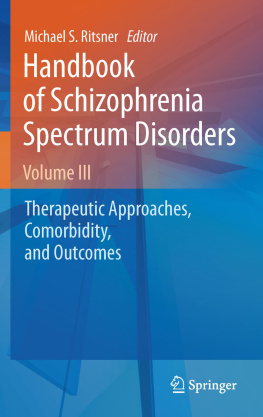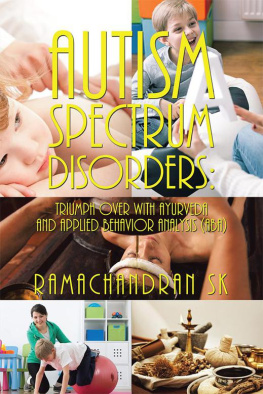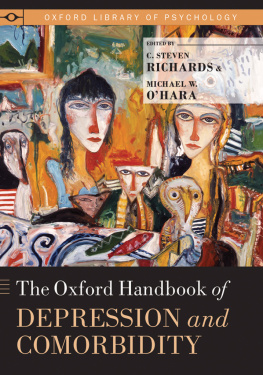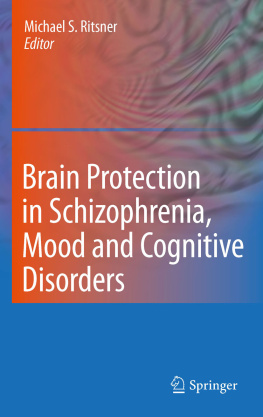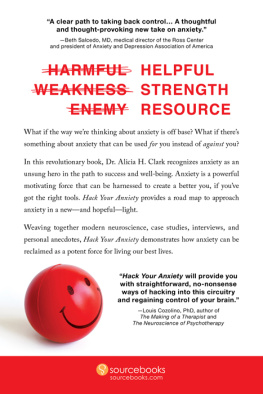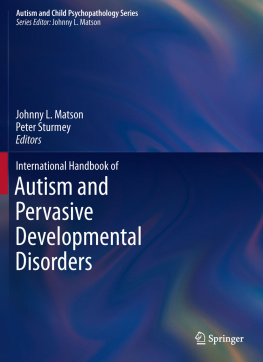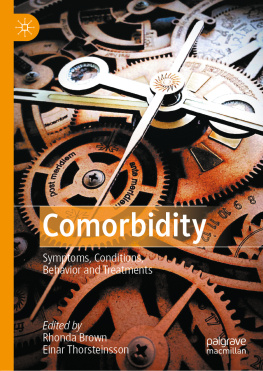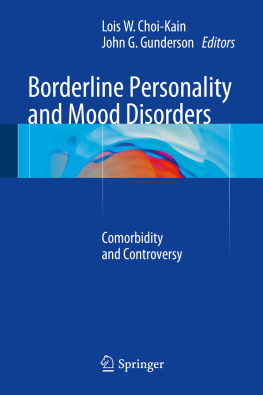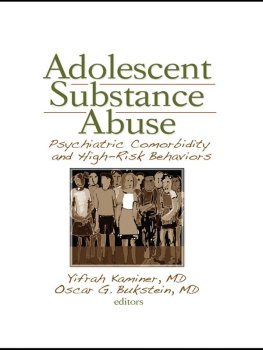Introduction
In the last two decades, the concept of recovery in schizophrenia has emerged as an essential construct in the study and treatment of schizophrenia and schizophrenia spectrum disorders. Traditionally, recovery has primarily being viewed as an outcome characterized by symptom mitigation or reduction and improvements in functional capacities. This view draws from the medical model, which underscores the symptomatic experience of psychiatric illnesses and the role of targeted interventions to decrease symptoms and disabilities. Historically, schizophrenia had been viewed as a chronic condition marked by poor functional and therapeutic outcomes. With evidence emerging from recent studies of short-term and long-term outcomes, this view has evolved into one of a more positive medical conception of recovery. Current views of schizophrenia characterize the disorder as having a more, heterogeneous symptom course, including periods of good functioning for many patients. Emanating from a mental consumer/survival movement is a new paradigm for the concept of recovery. This consumer/survival perspective views recovery as a process rather than an outcome, and thus deemphasizes the role of symptom remission. Moreover, this paradigm of recovery focuses on the individual as a whole person with personal attributes and capacities and reframes the process of care around the individuals long-term expectations and lifetime aspirations. Central to this view of recovery is the instillation of hope and empowerment, and a development of a self living a full life despite the limitations of illness.
Both perspectives are considerably independent, having distinct origins, focus, and ramifications for assessment, treatment planning, and research in schizophrenia spectrum disorders. The current chapter examines these divergent recovery constructs in schizophrenia. We begin with a conceptual review of the medical and consumer perspectives of recovery including research evidence pertinent to both views of recovery. We then discuss the implications of the consumer model of recovery.
What Is Recovery?
Although the medical and consumer conceptions of recovery are virtually orthogonal in their origins, content, and ramifications, both views permeate the literature, causing well-documented confusion about the meaning of recovery []. The current chapter attempts to avoid such conflation by discussing the medical and consumer models of recovery as separate perspectives supported by distinct evidences.
Part I: The Medical Model of Recovery
The medical definition views recovery as an end state and focuses on symptom relief, alleviation, remission, and return to premorbid levels of functioning [].
Due to its emphasis on an end state, and its origin in treatment outcome studies, the medical definition is also synonymous with the outcome definition of recovery [] when positive outcomes is defined as symptomatic remission.
Predictors of positive outcomes in these studies include good premorbid intellectual functioning, education, female biological sex, early discharge or short hospital stay, and younger age. Better educated participants also tended to have better cognitive functioning, and education was also associated with better social and vocational functioning. Early discharges or shorter hospital stays was associated with better community adjustment and better overall global functioning. Female participants tended to have better social outcomes than male participants, whereas younger participants tended to have better cognitive functioning. The socio-cultural context of individuals appears to have an impact on the course of schizophrenia symptoms [].
Some have observed that improvement or recovery rates suggested in most studies represent underestimates of the potential for recovery in schizophrenia spectrum disorders. It has been suggested that this is because many individuals who experience symptoms do not present in treatment settings []. It may be that these individuals represent cases that did not require hospitalization because they experienced less severe forms of illness relative to those requiring hospitalization, or individuals who had developed abilities to cope with symptoms without need for clinical care. Including this group of patients in long-term outcome studies may increase the recovery rates obtained from these studies.
With regard to the notion of cure, a number of authors have highlighted the problems with adopting such a standard for chronic conditions such as schizophrenia []. However, it is unclear if this constitutes cure, given that outcome studies primarily focus on symptom remission and psychosocial functioning, while ignoring other domains of illness such as neurocognitive functioning.
In addressing symptom status, realistic medical notions of recovery generally focus on remission of symptoms or decreased severity of symptoms. For example, Andreason and colleagues []. It should be noted, however, that the cited studies also included symptom severity as an outcome variable.
With regard to psychosocial functioning, outcome studies have used various criteria including operational definitions and global assessment of functioning scales. One example is found in the Liberman et al. [] study defined GAF scores 65 as indicative of adequate psychosocial functioning. None of these definitions require a return to premorbid levels of functioning; rather, they underscore improvements in psychosocial functioning.

